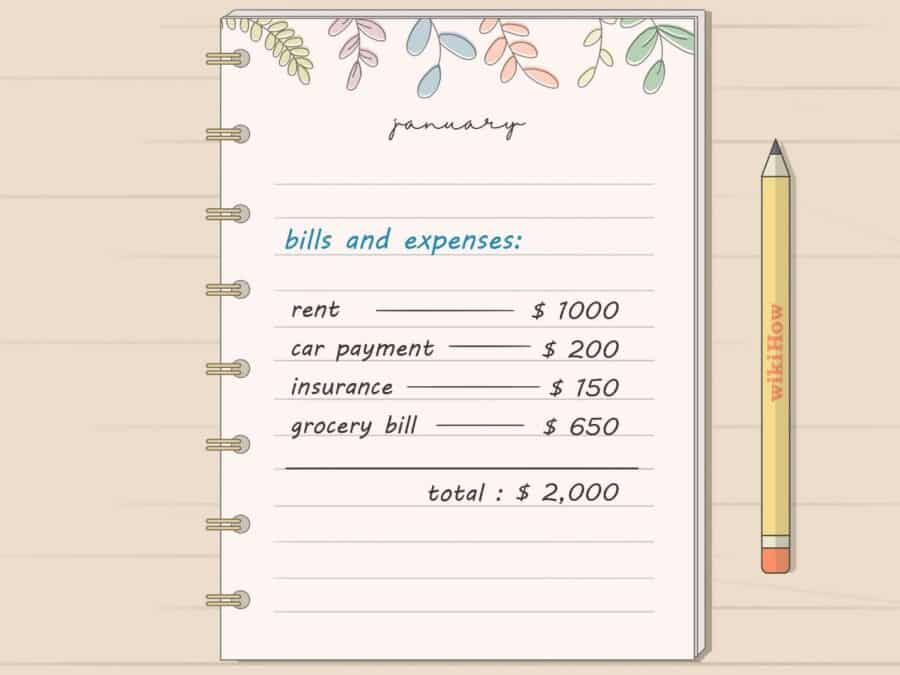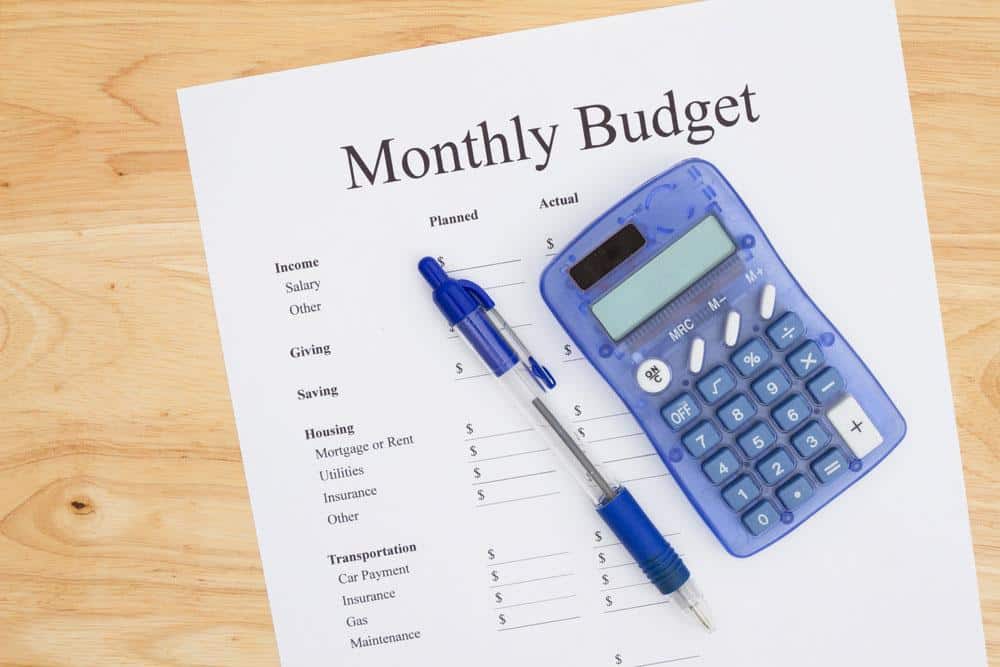- Why should I save money?
- When should I start saving money?
- As a low-income earner, what should I do to save money?
You might be among the many who want to save money for the future. Perhaps you have a goal in mind that you want to achieve, like buying a dream home or traveling abroad. The question is, “How can you save when you have limited income?”
Media company CNN stated that 25 million families in America struggle to make ends meet with their paychecks. They are simply trying to survive day by day. For these families, saving could be the last thing on their minds.
One purpose of saving money is to have funds to invest in the future. Making investments without savings might fail due to emergencies that come without notice. If you believe that investing is your ticket to building wealth, you must take saving very seriously.
If you are earning low right now, saving would be challenging. However, it is still possible. To do something starts with a positive mindset. Think that it is possible and then find a way to make it happen. You are going to learn the how in this article, so stay tuned.
Why save money?
When you have savings, you will feel more secure knowing you have funds stashed away for emergencies. Since emergencies such as hospitalization, car breakdown, etc., happen without notice, you do not want to get caught unprepared.
Another reason for saving is an investment. Perhaps you would agree that investing is the only way to build wealth. Saving money per se would not make you wealthier because inflation would kill the buying power of your money.
If you have limited income, a slight change might be needed to start saving. A total lifestyle makeover is not necessary to get into the saving habit. You can use simple tips and tricks to save despite living on a tight budget. You will learn all that in the next section.
The image below shows an old way of saving using a coin bank. You might not do the same thing for your savings, but what is essential is the idea of starting small and being consistent.

Five tips to save money
Here are our five top tips for saving money.
№ 1. Address high-interest debts first
To start saving in earnest, you must confront debts directly. If you have multiple loans, focus on those with high interests, such as credit cards and personal loans. It would be pointless to have savings when the interest charges on your debts are going up fast.
To pay off debts:
- Create a list and arrange them in the order of interest, with those carrying the most interest at the top.
- Tackle these debts one by one based on priority. You might need to adjust some items in your budget to do this.
- Once you have overcome this problem, avoid falling victim to debts again, particularly credit cards.
№ 2. Cut down your expenses
When saving money, how you spend is equally significant as how much you earn. While knowing how much money you make is easy, understand how you spend your earnings. To get a ballpark figure of your expenses, there is one thing you can do. With a pen and paper, write down everything you spend your money on. If you are a bit more techie, you can use an Excel file or a mobile app.
Suppose you can do this in one whole month continuously, so much the better. This method will give you an accurate figure on which to base your analysis. After this, you can evaluate how you spend money and determine which expenses you can scrimp on or forgo. Then you can have money to save on the next budget.

№ 3. Keep a budget
You have several options when preparing a budget plan. You can use a laptop, your computer, or your phone to balance earnings and expenses. The program will do it automatically for you. Striking a balance of earnings and costs will ensure you do not overspend. A sample budget plan is shown in the image below.
Make sure to allocate an amount, however small, for savings. The amount does not matter. What is important is consistency. If you save money in every paycheck, your savings are bound to grow. To get motivated with saving money, think of your savings as an expense. If you do, you will likely keep this item on your budget because it feels like an obligation.
№ 4. Buy in bulk
It can help you save a lot of money on your groceries. Plus, bulk buying means less waste. There are some guidelines to follow, though, to make sure buying in bulk works for you. One procedure is that you should not be enticed with everything that looks like or sounds like a good deal.
Ask yourself if you need to buy large quantities of items sold at discount prices. If you do, do you have room to keep all your groceries? While saving ten dollars might sound good, the item you bought might sleep in your stock room for months until it expires.

№ 5. Start a side hustle
If you find it impossible to save with your current income source despite your budgeting efforts, it might be time to look into additional sources of income. If you have extra time after work, consider taking a part-time job at the nearest convenience store. If you have only one or two hours of extra time, teaching English to international students might work for you.
If you want more flexibility, consider opening an account in an online freelancing platform like Upwork. If you know a coding language or two, that type of service pays well. If you know how to write, you can offer clients your writing service. Just pay attention to your health. You must avoid burnout if you want to be productive at work and in your side hustle. Otherwise, you might be saving money to pay for your health expenses down the line.
Final thoughts
There are some expenditures you cannot live without. However, this does not indicate you cannot cut down on those expenses. If you can lower recurring payments, that will free up money to channel to your savings regularly.
Be aware that building savings takes time. Therefore, it is not a good idea to make hasty decisions that could affect your life in the short term. For example, letting go of your insurance coverage might not be a good decision. Meanwhile, small changes to your budgeting can go a long way toward building savings.